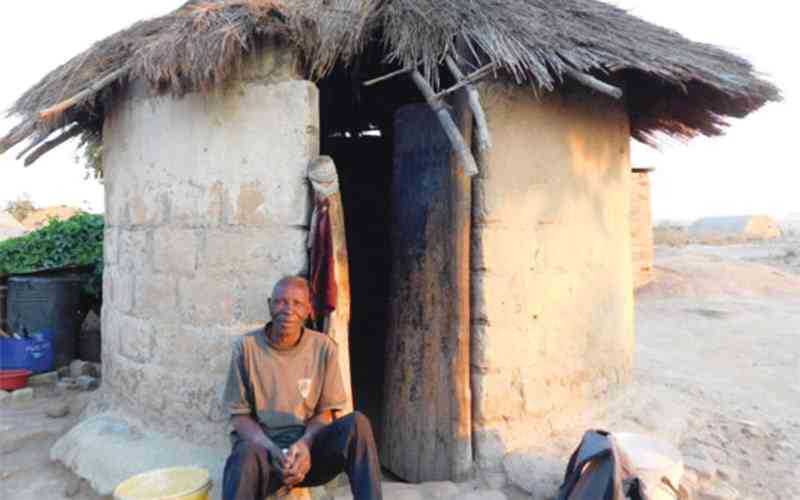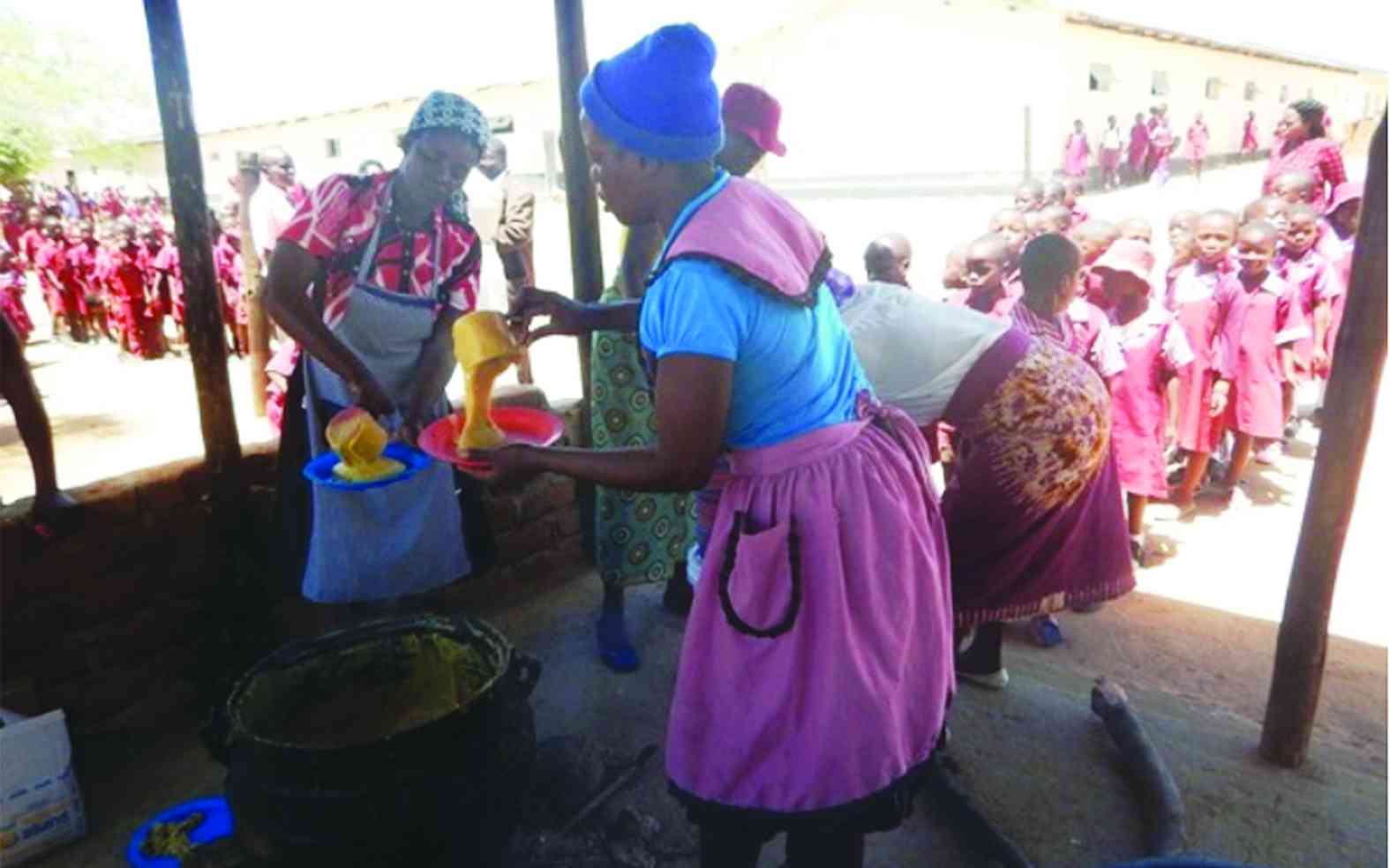
HUMAN Rights watchdog, Amnesty International (Al) has warned over Zimbabwe’ growing Statelessness as it amplified calls for alignment of laws to allow thousands of marginalised Zimbabweans to be registered as citizens.
This comes as the United Nations High Commissioner for Refugees (UNHCR) has established that approximately 300 000 people in Zimbabwe are in a state of Statelessness.
In a report titled: Zimbabwe: “We are like Stray Animals”, AI estimates that thousands of people are at risk of failing to access education, work and healthcare opportunities due to varying factors.
“AI is, among others, recommending that Zimbabwe adopts reasonable and inclusive administrative policies to ensure universal registration, including late registration, of descendants of victims of Gukurahundi in Matabeleland North and South Provinces, Bulawayo and the Midlands, which presently host some of the Stateless people, without the requirement to produce their parents’ death certificates,” said AI.
“The organisation is also calling on the government to take adequate measures to ensure the registration and restoration of Zimbabwean nationality to all who are entitled to it, including all those born in Zimbabwe to foreign parents,” AI said.
The watchdog said the alignment of laws was also important because thousands of migrant workers found themselves facing restrictions.
“Hundreds of thousands of migrant workers from neighbouring countries brought in by colonial authorities to work on farms and mines around the country from Malawi, Mozambique and Zambia, and their descendants born in Zimbabwe before independence in 1980 face barriers to acquiring citizenship in the country and have effectively been rendered Stateless.
“Denied the documentation enabling them access to education, work, health care, and other basic rights, hundreds of thousands of people in Zimbabwe have been rendered stateless in the country where they have raised families and which they regard as home,” AI indicated. Noting that government’s failure to remove administrative obstacles to the enjoyment of these rights has forced people into daily struggles of living freely, the organisation added: “As a consequence, these two groups of the population have been pushed to the margins of society. They are also poor, marginalised, discriminated against, disenfranchised and politically excluded.”
As of 2021, the Citizenship Act was yet to be aligned with the Constitution and continues to be used by the Ministry of Home Affairs to arbitrarily and unfairly deny citizenship to descendants of migrant workers.











